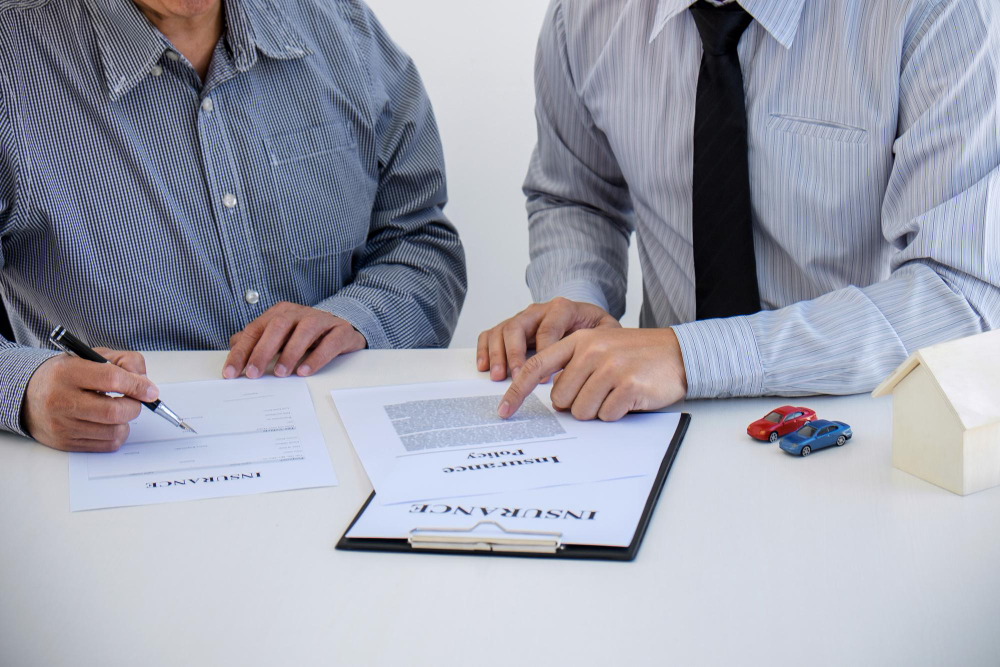 (888) 979-7969
(888) 979-7969
 (888) 979-7969
(888) 979-7969

Navigating the world of home insurance claims can be a daunting task, especially when you're reeling from the aftermath of property damage. In Orlando, FL, where hurricanes and storms are not uncommon, understanding how to effectively manage your home insurance claims is crucial. This comprehensive checklist will guide you step-by-step through the process, helping you secure the compensation you deserve, and if needed, connect you with a public insurance claims adjuster in Orlando, FL.
Home insurance is designed to protect you financially from unforeseen events like natural disasters, theft, or accidents that cause damage to your property. When such incidents occur, knowing how to file a claim correctly can mean the difference between a quick resolution and a prolonged process.
While your insurance company will provide an adjuster to assess the damage, hiring a public insurance claims adjuster can be beneficial. These professionals work for you, not the insurer, ensuring you receive the maximum payout possible. They bring expertise and negotiation skills to the table, often leading to more favorable outcomes.
Before anything else, assess the damage to your property. Take detailed notes and photographs of all affected areas. This documentation will be vital for your claim.
Thoroughly read through your home insurance policy to understand what is covered. Pay attention to the fine print, exclusions, and the claims process outlined in your policy.
Notify your insurer of the damage as soon as possible. Delays in reporting can complicate the claims process.
To prevent further damage, make necessary temporary repairs. Keep all receipts for materials and services used, as these may be reimbursed.
Gather all relevant documents that support your claim. This includes your policy, repair estimates, and any correspondence with the insurance company.
Once your claim is filed, an insurance adjuster will inspect the damage. Be present during the inspection to point out damages and provide documentation.
Especially in complex or high-value claims, a public insurance claims adjuster in Orlando, FL, like Ultra Property Damage, can help maximize your claim.
Once your insurer offers a settlement, review it carefully. Don't hesitate to negotiate if you believe the offer doesn't fully cover your loss.
After agreeing on a settlement, proceed with final repairs. Ensure that all work is completed satisfactorily before closing the claim.
If you're feeling overwhelmed or believe your insurance company's settlement is inadequate, consider reaching out to Ultra Property Damage. Our team of expert public insurance claims adjusters in Orlando, FL, is dedicated to helping you secure the compensation you're entitled to. We offer:
Navigating the insurance claims process can be challenging, but with the right guidance and preparation, you can achieve a fair and timely resolution. Remember, you're not alone—resources and professionals like Ultra Property Damage are here to assist you every step of the way. For a free consultation, contact us today and take the first step towards securing your home and peace of mind.